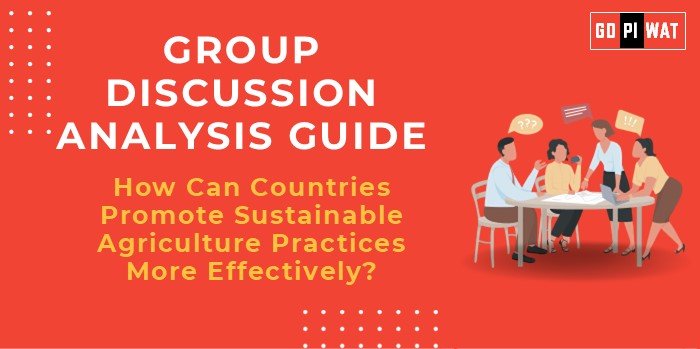🌾 How Can Countries Promote Sustainable Agriculture Practices More Effectively?
🌱 Introduction to Sustainable Agriculture Practices
Sustainable agriculture is essential to feed a growing global population while preserving the environment. It involves methods that enhance soil health, conserve water, and minimize carbon footprints, aligning with global climate goals like those outlined in the Paris Agreement.
Rooted in the Green Revolution of the 20th century, sustainable agriculture emphasizes balancing productivity with ecological preservation. Recent initiatives like the UN’s 2030 Agenda for Sustainable Development underline its critical importance.
📊 Quick Facts and Key Statistics
- 🌍 Global Food Waste: One-third of all food produced globally is wasted, exacerbating resource inefficiencies.
- 🌿 Agricultural Emissions: The sector contributes about 19-29% of global greenhouse gas emissions (UN FAO).
- 💧 Water Use: Agriculture accounts for 70% of global freshwater withdrawals.
- 🛤️ Land Degradation: 33% of soil globally is moderately to highly degraded due to erosion, salinization, and pollution.
🤝 Stakeholders and Their Roles
- 🏛️ Governments: Create policies, subsidies, and regulations promoting eco-friendly practices.
- 🚜 Farmers and Cooperatives: Adopt and implement sustainable techniques like crop rotation and organic farming.
- 🌐 International Organizations: Provide funding, research, and strategic frameworks (e.g., FAO, UN).
- 🏢 Private Sector: Develop technologies for precision farming and offer financial support.
- 👨👩👧👦 Consumers: Drive demand for sustainably produced goods, influencing market trends.
🏆 Achievements and Challenges
✅ Achievements
- 🇮🇳 India: Success of Zero Budget Natural Farming (ZBNF) in Andhra Pradesh, reducing input costs and boosting soil health.
- 🇧🇷 Brazil: No-till farming on 50% of its agricultural land, reducing soil erosion.
- 📊 Precision Agriculture: Globally adopted, optimizing water and fertilizer use for better yields.
⚠️ Challenges
- 💰 High Initial Costs: Sustainable technologies can be expensive for smallholder farmers.
- 📚 Lack of Training: Limited access to knowledge and skills hampers adoption.
- 🔬 Dependency on Chemicals: Over-reliance on chemical inputs in regions like South Asia.
🌏 Global Comparisons
- 🇳🇱 Netherlands: Advanced greenhouse technologies, enhancing productivity with minimal resource use.
- 🇷🇼 Rwanda: Land Husbandry Program mitigates soil erosion through terracing.
🗣️ Structured Arguments for Discussion
- Supporting Stance: “Promoting sustainable agriculture ensures long-term food security and combats climate change, making it essential for every nation.”
- Opposing Stance: “High implementation costs and limited awareness among farmers make scaling sustainable practices challenging, particularly in developing countries.”
- Balanced Perspective: “While sustainable agriculture offers undeniable benefits, addressing barriers like technology costs and farmer training is imperative for widespread adoption.”
🎯 Effective Discussion Approaches
- 📢 Highlight Crisis: Discuss global food insecurity exacerbated by unsustainable practices.
- 📊 Data-Driven Approach: Mention agricultural emissions contributing up to 29% of global GHGs.
Counter-Argument Handling: Use examples like Kenya’s solar irrigation projects to address cost barriers.
💡 Strategic Analysis of Strengths and Weaknesses
- Strengths: Reduces ecological harm, improves long-term yields.
- Weaknesses: High initial investments, resistance to change among farmers.
- Opportunities: Integration with digital agriculture tools, international funding collaborations.
- Threats: Market pressures favoring unsustainable practices, unpredictable climate conditions.
📚 Connecting with B-School Applications
- 📈 Real-World Applications: Topics like carbon credits for sustainable farming in finance projects.
- 🔄 Supply Chain Optimization: Sustainable supply chain strategies in operations case studies.
Sample Interview Questions:
- “How can digital tools revolutionize sustainable farming?”
- “What role does public-private partnership play in promoting these practices?”
Insights for Students: Understanding agri-tech innovations and exploring global market trends in organic produce.


